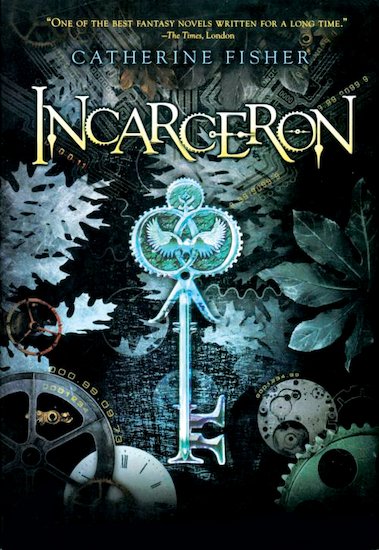I hope everybody is having a wonderful start to their winter break. Today is my first real day of break, unless you call a 15 hour car ride an activity that you are willing to do on a day off (Not that I hate car rides or anything). But, since I had 15 hours to just sit there, I read quite a bit. Although it didn't go as I planned because my book that I have been trying to find time to finish decided that it wanted to go back to the library. So right when I got to the most exciting part of the ending, my Nook screen lit up and said, "The lending time for this book is over" and there went Incarceron, sent back to the library.
I came prepared though and I started reading this new book called, Miss Peregrine's Home For Peculiar Children. It is a very different kind of book, but I figured I needed to broaden my selections of reading. Another thing about this book is that it looks really creepy. I don't tend to like creepy books, but I figured I shouldn't judge it by its cover. That's not saying I was wrong though.
In fact, this book is a mystery, combing old photographs and text to tell a story. It is very creepy, maybe even beyond creepy. To give you a little more information, this book is about Jacob, a 15 year old who loved his grandfather very much. His grandfather would always tell him stories about his childhood and his adventures in his children's home. He told Jacob that the children came to the home because they were escaping these giant creatures that were trying to kill them and that all the children in the home had extraordinary powers. He even had pictures to prove it.
| The Levitating Girl |
 |
| The Invisible Boy |
Though Jacob is too old to believe these silly fantasies, a part of him still believes they are real. One day, when Jacob gets a frantic call from his grandfather, he automatically assumes the worst. And finding his grandfather soaked in blood in the woods makes Jacob wonder if the monsters are real. Using his grandfather's last words, he ventures to the children's home searching for answers.
The photography really enhances the tone of the story, because seeing the photos put the reader on the edge of their seats and makes them wonder about these peculiar children. some of the photos really creep me out, but they really help the reader to imagine themselves in Jacob's shoes. I think this is going to be a peculiar book.
















